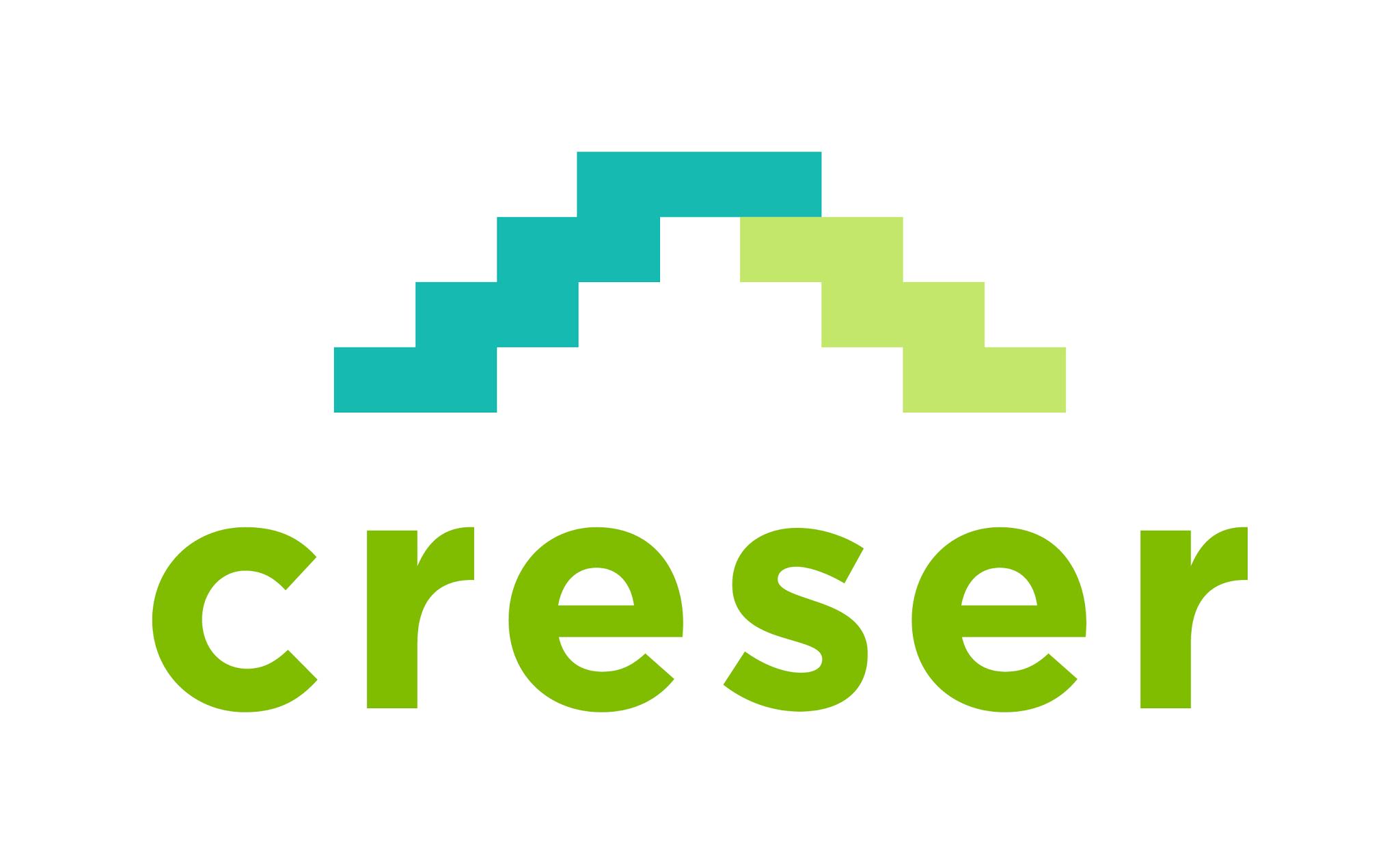
Building the next generation of Latino Entrepreneurship.
CREDIT BASICS
Regardless of whether your business is in its initial stages or gearing up for growth, credit can help support your short-term or long-term financial goals. There are many benefits to having business credit.
However, before you apply, knowing whether your business is ready for credit is essential.
Could you build a credit history?
When you apply for credit, the creditor will check your credit history. If you have consistently made your credit payments on time, it will help you establish your credit history and strengthen your credit score. The creditor will take that into account when evaluating you for a loan. This can make a difference in whether you are approved for the loan.
Please look over your credit history.
Creditworthiness is based on personal and business financial matters. On a business level, a creditor will determine if your business is generating positive cash flow. On a personal level, a creditor will want to know If you are generating enough income to support your current and new debt.
Why is credit essential?
The way your credit is measured is through your credit score. The better your credit score, the more likely a creditor will grant you a loan. Your credit score composition: 35% Payment History, 30% Debt Amount, 15% Length of Credit, 10% New Credit, and 10% Credit Mix.
Understanding my score:
Your credit score is between 300 and 850 assigned to your credit based on reports provided by creditors to any of the three credit reporting bureaus. A higher score benefits through better interest rates and more favorable loan terms. Your credit score affects the type of loan and loan terms you may/may not qualify for. You may still be approved for a loan with a lower credit score, but you may have to pay a higher interest rate.
Credit usage:
The amount of credit used compared with your available credit is your credit utilization. Credit utilization impacts your credit score. You want to maintain a less than 30% ratio to build and keep a strong credit score.
How is credit reported?
The three primary credit reporting bureaus – Equifax, Experian, andTransUnion– monitor and issue credit reports that reflect your financial history. Your information includes your payment history, the amount owed to creditors, available credit, the type of accounts, and how long the funds have been opened.
The three primary credit reporting bureaus provide free reports every 12 months free of charge upon request as a way to track your credit history and score.
Building the next generation of Latino Entrepreneurship
Thank you to our sponsors and community partners





















